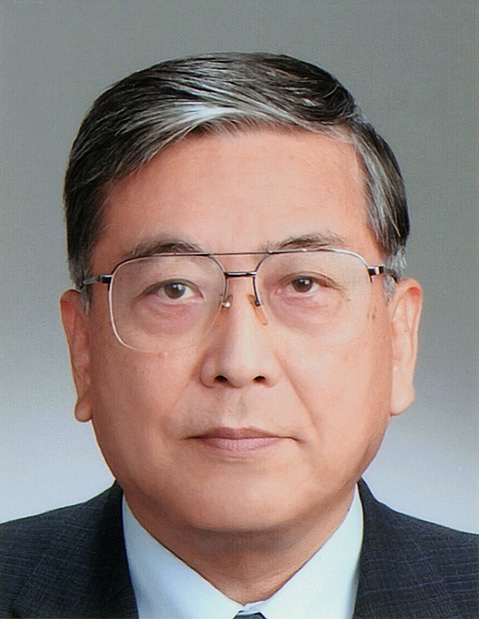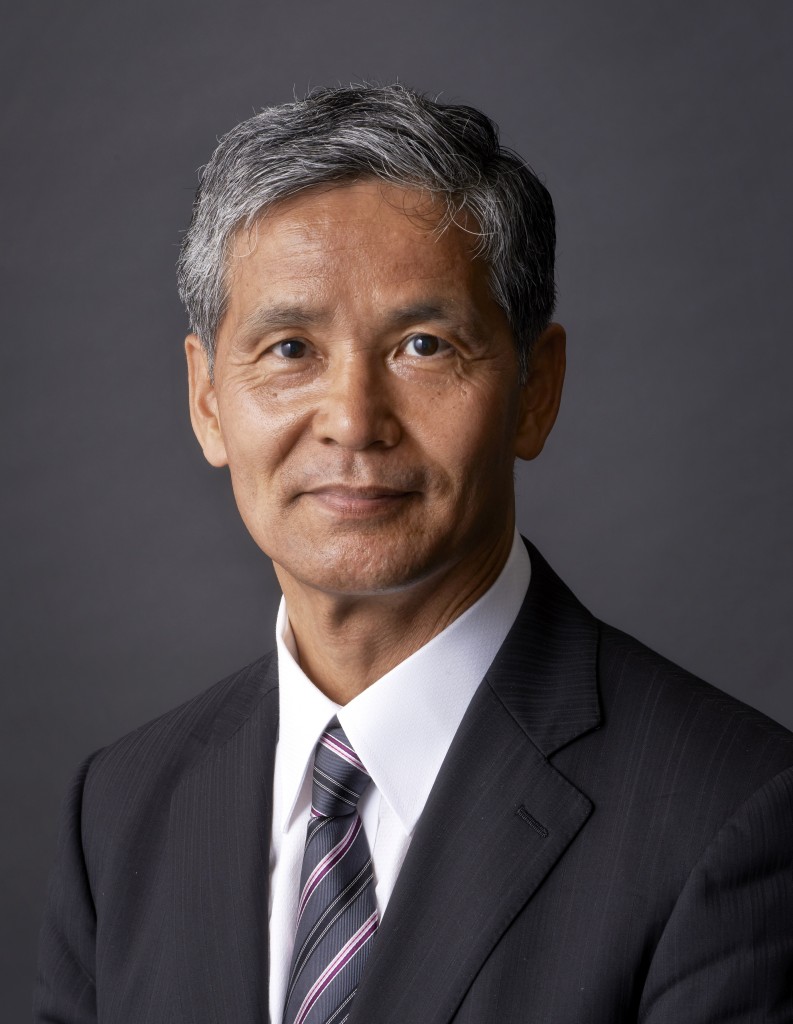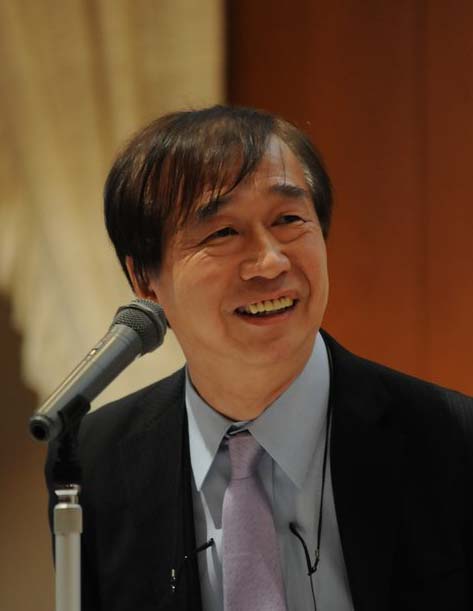|
Tsutomu TAKEUCHI
(Professor emeritus of Keio University/Keio University Global Security Research Institute Keio G-SEC Senior Visiting Research Fellow)
Tropical medicine, Parasitology Through the experiences of the National Institute of Health, Dean of Institute of Tropical Medicine NAGASAKI University (NEKKEN) I tackle the global problems of infection disease. Cause of Social, Political, Economic rapid changes coming from the globalizations, we need to face the problems of infection disease and related health matter, and Risk Management Problem of this area, also are required the developments of human resources immediately.
Now I officiate Chairperson of Foundation for Promotion of Medical Training, The Preparatory Committee of School of Public Health St. Luka’s International University Specially-appointed professor, the member of Expert Advisory Panel, WHO、Framework Initiative for Safe and Secure Society, Government of US/Japan, am trying various approach.
|
 |
|
Tetsuro MATSUZAWA
(Professor of Primate Research Institute of Kyoto University/General Director of Japan Monkey Centre)
Tetsuro Matsuzawa is Professor of Primate Research Institute of Kyoto University. Program coordinator of the Kyoto University Graduate Program of “Primatology and Wildlife Science”, General director of Japan Monkey Centre, and the President of International Primaotological Society. It is now probably high time to say goodbye to the supposed absolute dichotomy between humans and animals. As humans, we are ourselves members of the animal kingdom. Therefore, that humans remain pitted against nature makes no sense. Human must be part of Nature. Buddhism is the cultural background to the Japanese way of thinking. In Buddhist tradition, all living creatures are interconnected and, in reincarnation, interchangeable. A human can be born into the next life as an insect, or a bird; then in the next again life, once more as a human. The word ‘Wildlife’ in this sense does not refer to wild animals as separate to humans, as in the Western tradition, but instead means the web of living organisms, including humans, who have shared and will continue to share planet Earth. My colleagues and I have made an effort to create a new integrated discipline of ‘Wildlife Science’ based on fieldwork to further our understanding of human nature, as well as that of wild animals.
|
 |
|
Takuji OKUNO
(Dean of the University Library & Professor at School of Sociology, Kwansei Gakuin University/Affiliate Professor at Graduate School of the Open University of Japan/Special Research Fellow at Yamashita Institute for Ornithology)
Dr. Okuno experienced Great Hanshin-Awaji Earthquake in 1995 when he was a professor at Konan University. After engaging in the post-earthquake reconstruction project for two years, he has become a professor of Kwansei Gakuin University. It is because he had an experience translating “Understanding Your Dog” written by an ethologist, M.W. Fox, he founded Society for the Study of Human Animal Relations (HARs) with Professor Yoshihiro Hayashi at University of Tokyo (at that time). As a vice-president of HARs, a cultural anthropologist, and a sociologist, he discussed the relationship between companion animals and owners. Also, he participated animal rights act. Dr. Okuno’s research is focused on Japanese popular culture, Manga, comics, Anime, animations, J-pop music, Figurines, and games. These phenomena are called “Japan Cool” or “Cool Japan”. They have gained popularity around the world. Their particular popularity was spread to other Asian countries and the USA by the internet and digital media. Dr. Okuno notes that the roots of “Japan Cool” lie in Japanese Edo culture, just as the roots of Anime lie in Kabuki and the roots of Manga in yellow covers lie in the Edo period.
|
 |